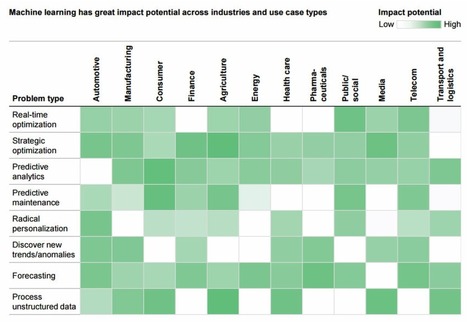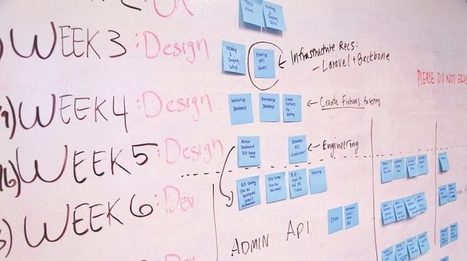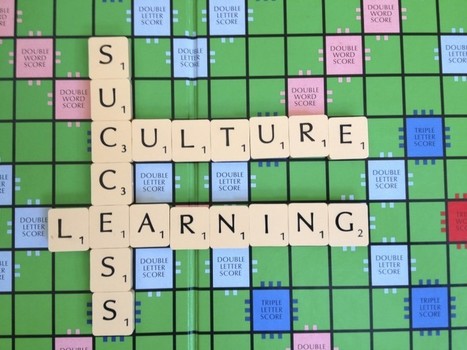This piece from Marc Rosenburg describes important considerations for truly building a learning culture inside your organization. According to Rosenburg, "A learning culture is an environment that celebrates and rewards learning, incentivises people to freely share what they know, and helps them to change based on the acquisition of new skills and knowledge. We all like to think we work in a positive learning culture, but that’s not always the case.
There’s no question that learning is likely to fail if it’s poorly designed, the content is weak, or the technology doesn’t work. But learning will absolutely fail if the culture doesn’t support it.
But it doesn’t have to be this way. Here are 10 key steps to building a positive learning culture in your organization:
Start with leadership. Culture begins at the top. If senior leadership doesn’t support a learning culture, no one else will. Expand the mission.You’re going nowhere if you simply equate learning with training. Learning—individual and organizational—is much broader than courses. Don’t make the mistake of talking “learning” but doing only “training.” Get buy-in from the front line. If you want employees to learn, make sure their supervisors learn first. You can’t expect them to get behind something they don’t understand themselves. BGet the content right. Get the technology right. It’s not just about making sure the technology works, but making sure it’s the right technology for the right use. Be careful the technology doesn’t get in the way of learning, or that you are not using more tech than you need.Ensure readiness to learn. One of the biggest factors in fostering a poor learning culture is providing learning programs to people who aren’t ready for them or who don’t need them. This can be terribly demotivating. Communicate for the long term. Provide for learning transfer. The connection between job performance and learning is a key to building a sustainable learning culture.Demonstrate success. Better to have a small success than a big failure. Demonstration projects, pilots, and proof-of-concept work are all essential in building support for learning. Measure results and provide feedback. You want to measure how much is learned, but perhaps more important from a culture perspective, you want to measure the value people attach to learning.
Learning fails when nobody cares.
Via
Matthew Farmer,
Kenneth Mikkelsen



 Your new post is loading...
Your new post is loading...














